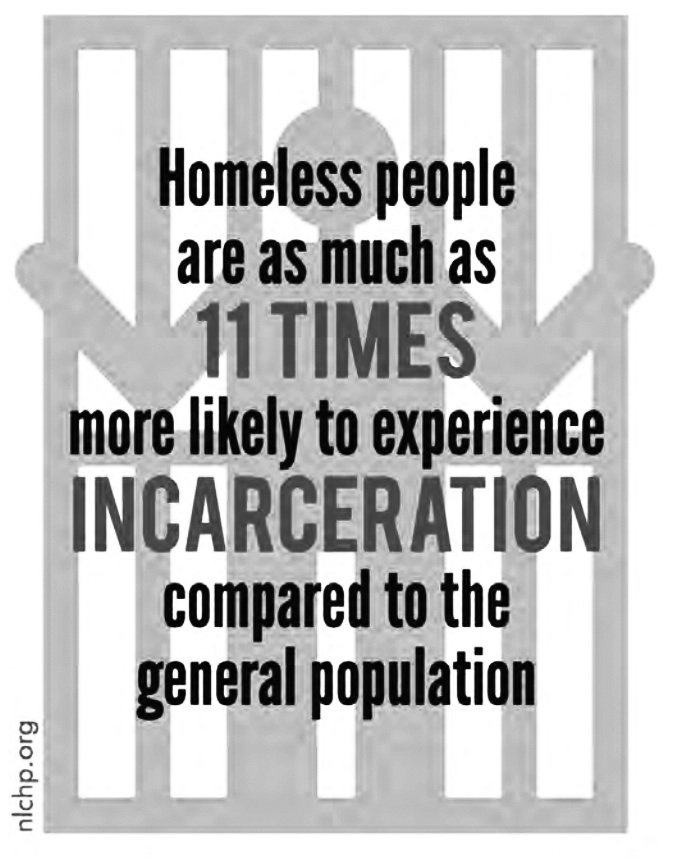 San Francisco is getting props from a national homeless advocacy organization for innovating a model for emergency shelters. But the City’s addition of a local ordinance regarding homeless encampments could undercut its overall efforts.
San Francisco is getting props from a national homeless advocacy organization for innovating a model for emergency shelters. But the City’s addition of a local ordinance regarding homeless encampments could undercut its overall efforts.
The National Law Center on Homelessness & Poverty lauded the City’s navigation center in its report “Housing, Not Handcuffs” as the Washington, D.C.-based organization launched a national campaign on ending criminalization of homeless people’s outdoor activities.
Released in November, the report is an examination of 187 cities on their local approaches to homelessness, particularly ones using laws that restrict or prohibit public conducts of homeless people.
At the same time, San Francisco has apparently passed one more of these laws: The city’s voters narrowly approved of a measure authorizing the removal of sidewalk encampments with only 24 hours’ notice.
Yet, the law center praised the City — as well as Indianapolis; Miami and Dade County, Florida; and Syracuse, New York — for finding constructive alternatives to penalizing their homeless residents.
The law center noted San Francisco’s creation of navigation centers as forms of transitional housing with fewer barriers to access than traditional shelters. The report highlighted the navigation center’s lack of curfews, accommodations for couples and pets, as well storage spaces for possessions. The law center reported that it’s possible to duplicate this model for other cities.
“Although the navigation center is able to serve only a small fraction of the city’s 3,500 unsheltered homeless people — indeed, the original location has a maximum capacity of 75 — the city has plans to expand the model to six locations,” according to the report.
The law center also found that the number of laws that forbid sleeping, camping, sitting or lying in public and living in vehicles have increased throughout the nation in the last 10 years. David Pirtle, public education coordinator of the National Coalition for the Homeless, said that as a disabled person, performing basic human needs during his episode of homelessness made him an outlaw.
“My struggle with schizoaffective disorder left me without a home, but the law in Tempe, Arizona, left me without even a place to sit,” he said. “After walking miles in the blistering heat, I was threatened with a ticket for the crime of sitting in public. Criminalizing homelessness doesn’t make it go away. It just makes a terrible situation even worse to endure.”
Currently, San Francisco has 23 municipal laws prohibiting such public behaviors and enforces them on homeless people. In January, the new tent ban will be amended to the local police code and take effect. The added ordinance stands in contrast with Indianapolis’s tent law, which requires a minimum of 15 days’ notice and an attempt to secure housing before removing an encampment.
The report has also criticized heavy-handed policies in Dallas, Denver, Honolulu and Puyallup, Washington.
Street Sheet, which the Coalition on Homelessness publishes, is one of over 100 organizations endorsing the law center’s campaign.

